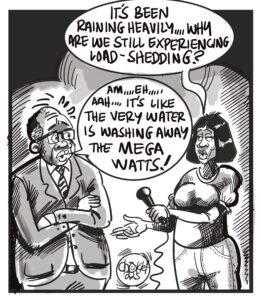The National Institute of Public Administration (NIPA) Registrar has asked the Lusaka High Court to set aside the matter in which some law students are seeking an order to compel the institution to remark all Insurance Law examination papers.
In this matter, 31 law students have sued NIPA in the Lusaka High Court, seeking an order of injunction to restrain the institution from proceeding with their 19thgraduation ceremony, which was scheduled, and already took place last Thursday, until matters surrounding the Insurance Law course were exhaustively resolved.
However, NIPA’s Registrar Maxwell Saya stated in an affidavit in support of summons to stay the application pending hearing of his summons to set aside the statement of claim for irregularity, that if the ex-parte application for an order of injunction was granted, the application to set aside the writ of summons and statement of claim would be rendered an academic exercise.
Saya stated that if the application for an order of injunction was not stayed, it would prejudice the reputation of the institution and the interest of the 1,400 students that graduated, Thursday.
He stated that in any event, the institution had instituted a remark of the plaintiffs examination scripts, the results of which were now known.
Saya further stated that he was further advised by counsel and verily believed that the said writ of summons and statement of claim did not disclose a reasonable cause of action as required by the mandatory rules of the court.
He stated that the failure to clearly disclose the facts that had given rise to the right to the reliefs sought by the 31 students granted the court authority to order that the action be stayed or dismissed.
Judge Sharon Newa has since set October 2, 2018, as a date of hearing the students application for injunction.
NIPA has appointed Messrs JB Sakala and Company as its advocates in the matter and they have since filed a certificate of urgency for the determination of the application to set aside writ of summons and statement of claim for irregularity.






